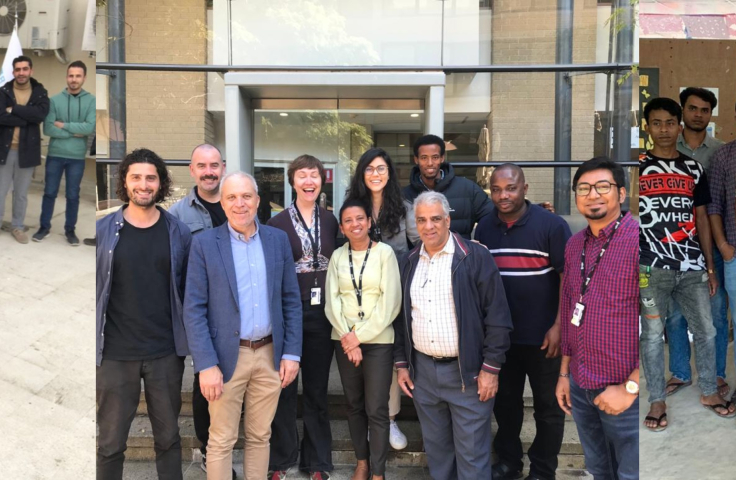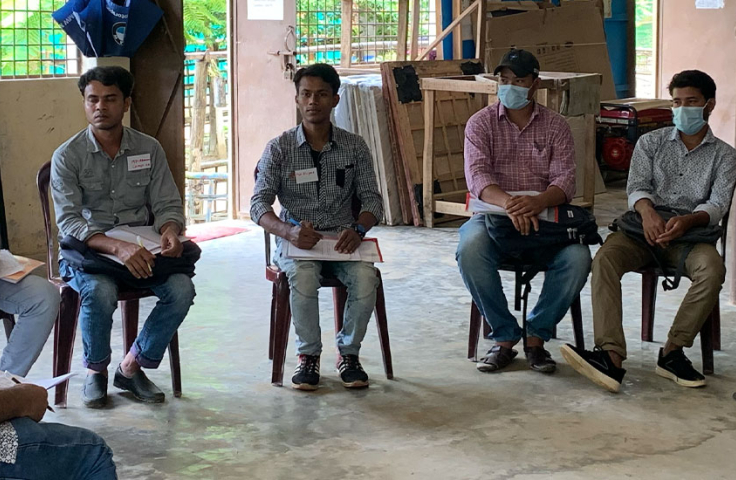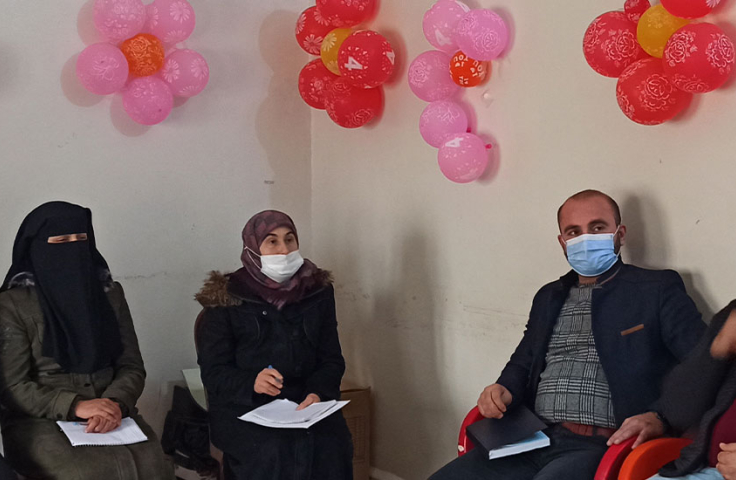People forcibly displaced due to ongoing conflicts, violence, and persecution are at a higher risk of experiencing mental health problems and functional impairment as a result of the various stressors before, during, and after displacement. The majority of displaced people live in low- and middle-income countries (LMICs), where access to mental health treatment is limited. LMICs are often under-resourced to provide sustainable and culturally appropriate mental health and psychosocial support (MHPSS) due to limitations in infrastructure and resources, as well as a shortage of mental health professionals.
There is a growing interest in scalable, cross-cultural psychosocial interventions using task-sharing to address the mental health needs of the forcibly displaced in LMICs. However, humanitarian workers in these regions contend with potentially morally injurious situations, often with limited resources. This creates obstacles to delivering sustainable and quality MHPSS service to displaced individuals. Clinical supervision is often an overlooked part of ensuring high-quality, sustainable mental health care. Supportive clinical supervision is a collaborative, emotional, and practical professional support that helps practitioners cope with the stressors inherent in their job and displacement settings.
The Caring for Carers (C4C) Project is a three-year research program aimed at assessing the impact of a psychosocial supervision intervention for mental health professionals. The project's goal is to strengthen the quality and sustainability of mental health and psychosocial services in humanitarian settings. Funded through R2HC Enhancing Learning and Research for Humanitarian Assistance (ELRHA), this mixed-methods research study seeks to improve the mental and work-related well-being of MHPSS practitioners and the quality of care that they provide to displaced communities in three displacement settings, Bangladesh, Northwest Syria, and Türkiye.



